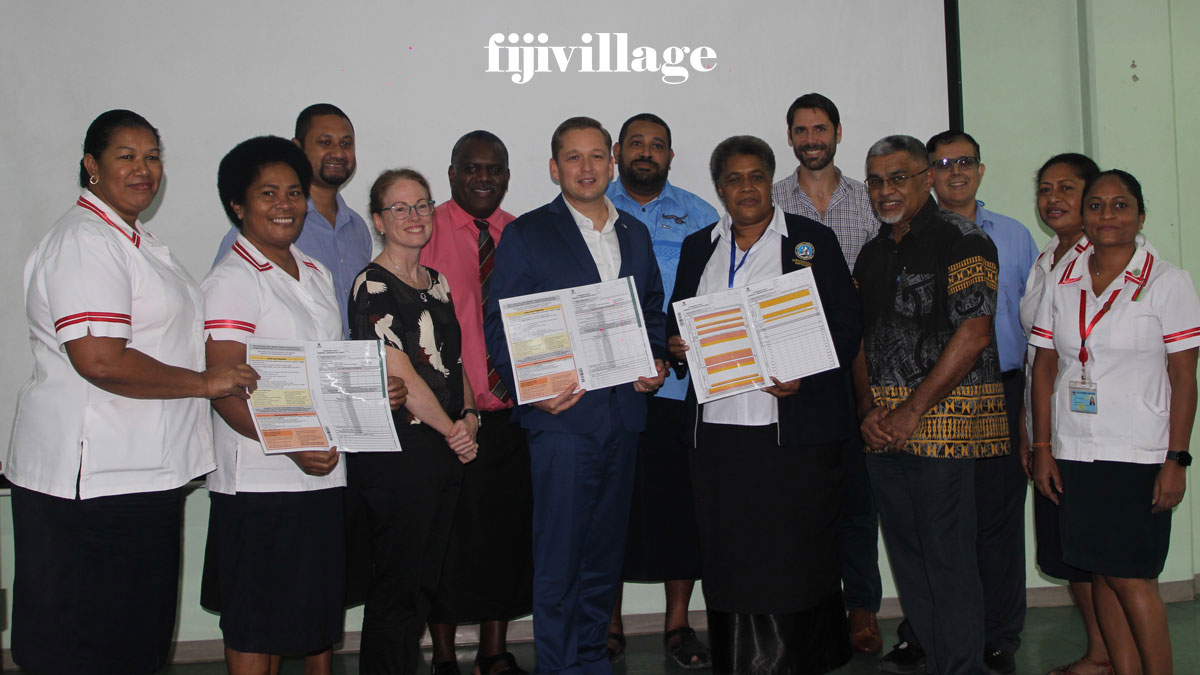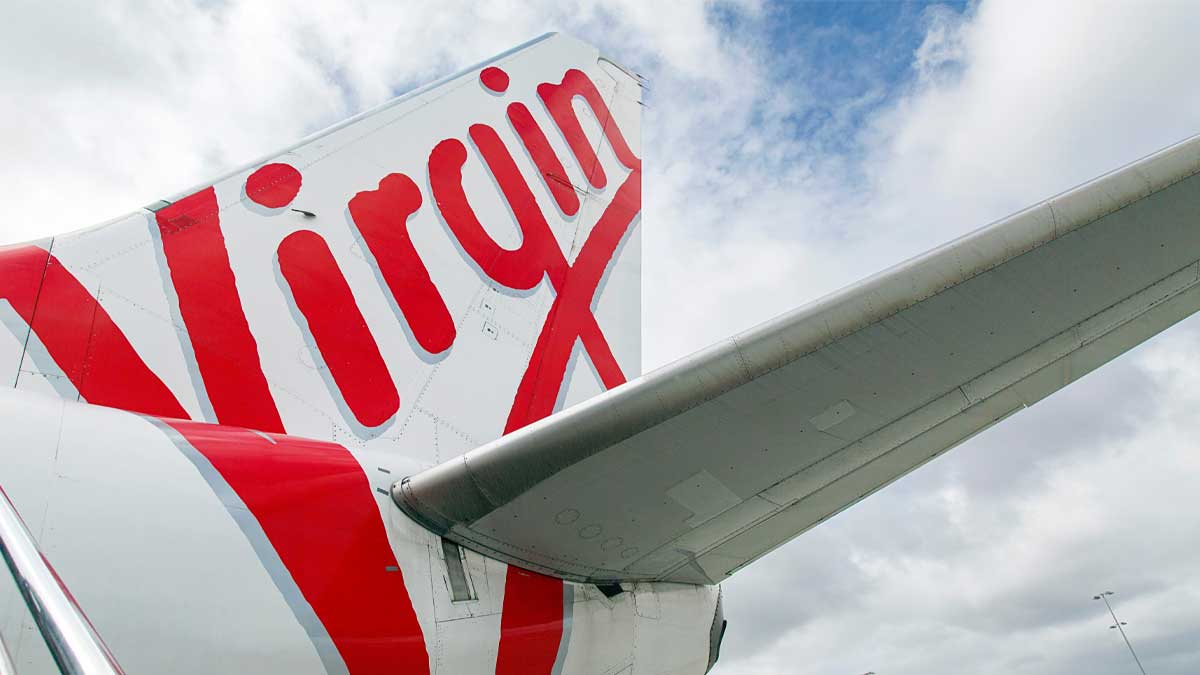
Nurses and doctors serving at the CWM Hospital will now be able to detect and respond early to patients that are deteriorating after the hospital launched a deteriorating patient Early Warning System today that is designed to recognise, refer and respond to deteriorating patients.
Launching the program, the Permanent Secretary for Health Dr James Fong says this program is the continuation of the initial cry for help that the Ministry had sent out to AUSMAT at the height of the COVID-19 outbreak in Fiji.
He says some of the lessons they learnt, and it was evident in their senior management meeting that they needed a better structure.
Dr Fong says he understands this program will impact the quality of services provided in the hospital.
He adds that hospitals are the cornerstone of Fiji’s health system, and it is essential that we provide the highest standard of care to every patient who comes into our doors.
The Permanent Secretary says patients sometimes experience unexpected clinical deterioration during their hospital stay, which can lead to serious complications, including death.
He says in many cases, early recognition of deterioration followed by prompt and effective action, can mean that a person can be stabilised with less intervention and also minimise the risk of adverse effects, such as cardiac arrest.
Dr Fong adds that having an effective system to support early identification and action is critical to having adverse outcomes and improving patient safety.
Chargé d'affaires of the Australian High Commission in Fiji, Stuart Watts, says this is an exciting system that has been launched and acknowledges the hard work of the doctors and nurses providing health services in the country.
He says Australia is a longstanding partner of Fiji in the health sector and it's a privilege for them to support a program that will improve the health outcomes for all Fijians.
He adds overseas data suggests that such a program can reduce preventable deaths in hospitals, as well as better support staff.
The Early Warning System is currently being piloted at the Acute Medical Ward and Acute Surgical Ward, where it will be trialled for 6-months before being administered in other hospitals around the country.
Stay tuned for the latest news on our radio stations


